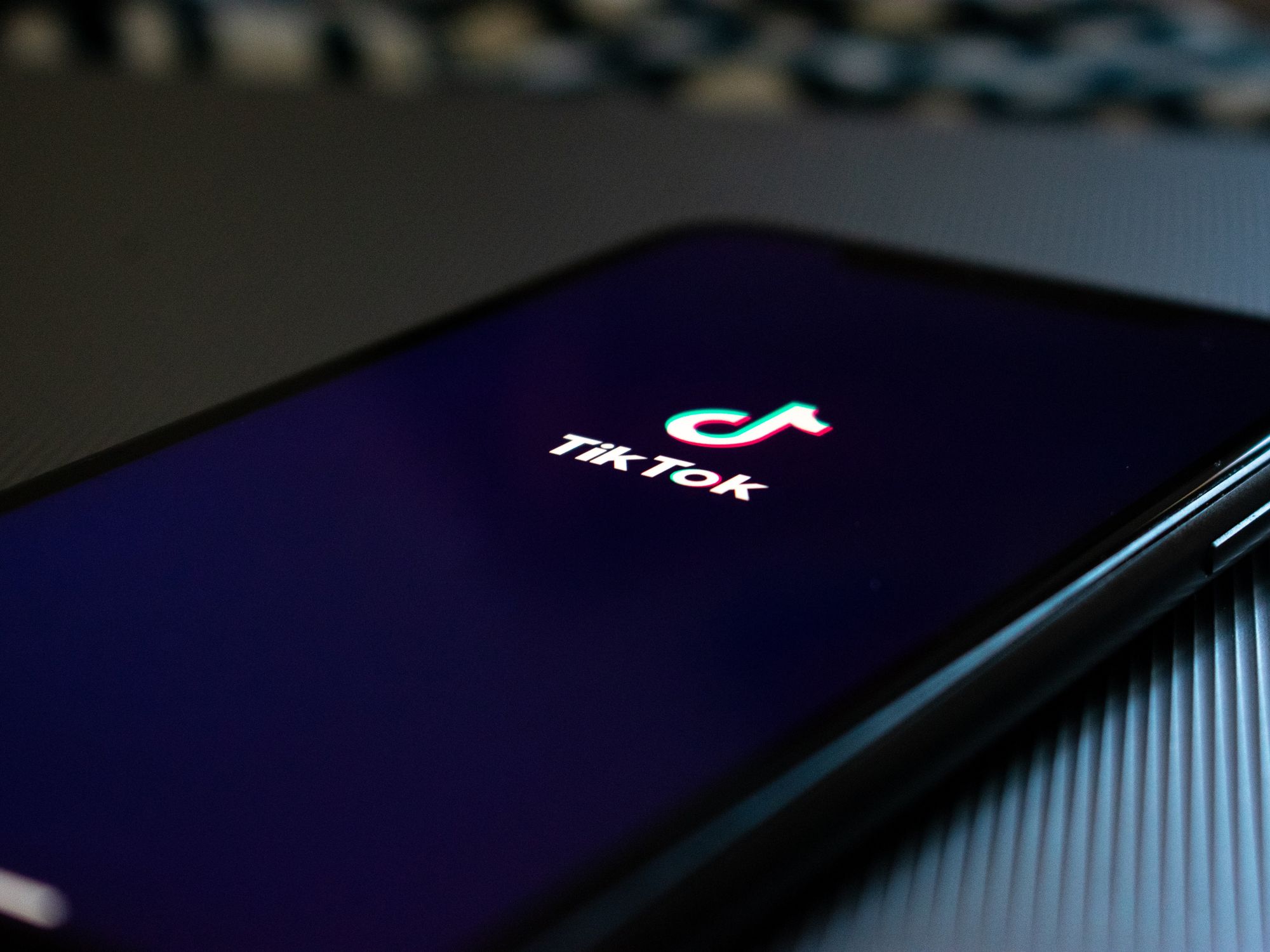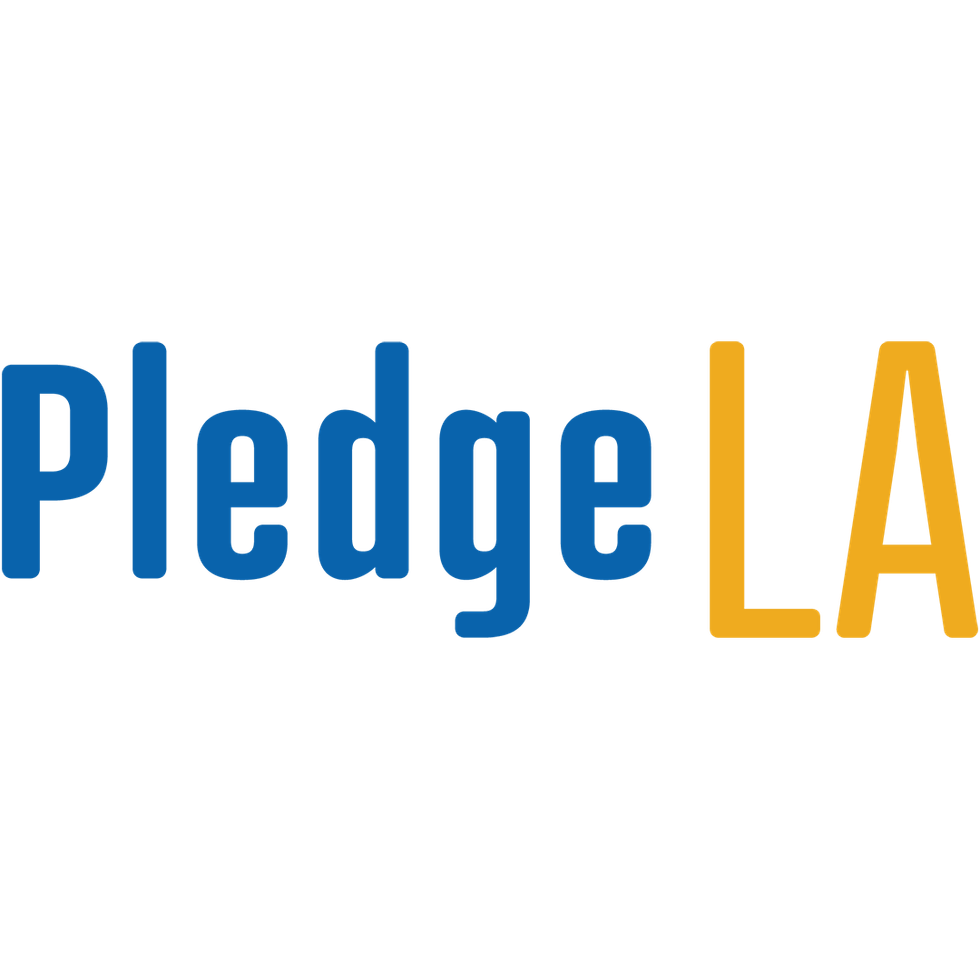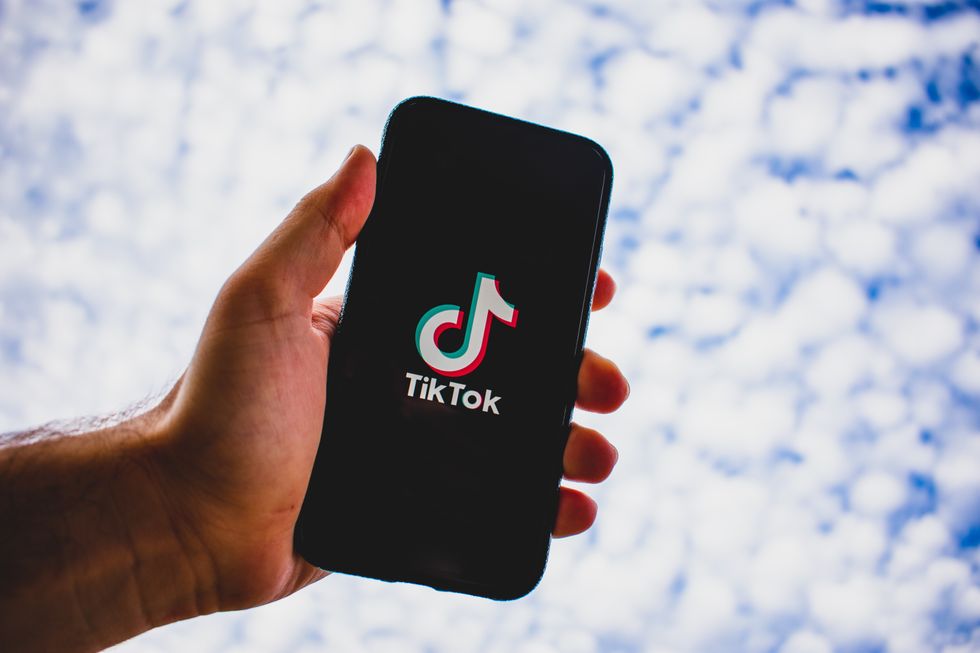LA Tech Updates: Microsoft Reportedly Looking to Buy TikTok; HBCUvc and PledgeLA's New Partnership
Rachel Uranga is dot.LA's Managing Editor, News. She is a former Mexico-based market correspondent at Reuters and has worked for several Southern California news outlets, including the Los Angeles Business Journal and the Los Angeles Daily News. She has covered everything from IPOs to immigration. Uranga is a graduate of the Columbia School of Journalism and California State University Northridge. A Los Angeles native, she lives with her husband, son and their felines.

Here are the latest updates on news affecting Los Angeles' startup and tech communities. Sign up for our newsletter and follow dot.LA on Twitter for more.
Today:
- Trump could order ByteDance to divest of TikTok today, Bloomberg reports
- HBCUvc and PledgeLA offer $5,000 grants to founders from HBCUs
HBCUvc and PledgeLA offer $5,000 grants to founders from HBCUs

HBCUvu, a non-profit increasing racial diversity in venture capital, has partnered with PledgeLA to provide $5,000 grants to startup founders from historically Black colleges and universities. The program, dubbed the The Summer Lab Fund, is now accepting applications through August 6.
Supported by Crosscut Ventures, the fund will award equity-free grants to technology and tech-enabled startups founded by HBCU students and alumni. Selected startups will also receive mentorship and support from participating sponsors as well as access to HBCUvc and PlegeLA networks.
The funding opportunity, launched last week, is managed and operated by the current cohort of PledgeLA VC interns who were matched at firms across Los Angeles in a 10-week program.
PledgeLA is a cohort of tech companies and VC firms created by the Annenberg Foundation and the mayor of Los Angeles. Last week, the organization released results from its annual survey on diversity in tech companies across the city.
Current intern Evan Hamilton told dot.LA the plan is to establish the Lab Fund as an annual project. Although it only has three spots now, he said, if demand is high enough they will look to raise more funds.
"What I really hope for, as a result of this, is to encourage that pipeline of investors to go to HBCUs to find interesting entrepreneurial talents because as we've seen many times, most folks are in hoodies coming from Stanford," Hamilton said.
"Five thousand dollars is a nominal amount of money, but what it does is give someone that ability to say, 'I am an entrepreneur, I have been funded,'" Hamilton said. "It really doesn't take a lot to validate a lot of the thoughts, feelings and opinions that people have. If we're doing this correctly, we're going to help these companies grow, even the ones that aren't able to receive funding."
He said it hopes to dispel preconceived notions and encourage investors to look toward HBCUs for talent.
After applications close on August 6, interns will form an investment committee to present and review the interested companies, which come from industries including entertainment tech, retail, education services and sports. Winners of the fund will be announced August 14.
PledgeLA intern Liza Katsman hopes the thinking behind this initiative will one day extend beyond the HBCU ecosystem. She pointed out that entrepreneurs of different backgrounds - that had largely been excluded from tech companies - bring new perspectives and ideas that can turn into successful products or services.
"Diversity and inclusion is not just the right thing to do," Katsman said. "It's the smart thing to do."
dot.LA is a member of PledgeLA.
Trump and Microsoft Are Looking at TikTok
 Amazon Tells Employees to Delete TikTok, Then Claims Directive Was Sent in Error
Amazon Tells Employees to Delete TikTok, Then Claims Directive Was Sent in ErrorMicrosoft is in talks to buy TikTok as President Donald Trump plans to ban it, various media reported Friday.
TikTok has come under increasing pressure from the administration that Chinese Internet company ByteDance is sharing data with Beijing and has threatened to ban it.
Bloomberg reported the Trump administration had planned to order ByteDance to divest of the Culver City-based company as early as Friday.
Microsoft could alter the question of ownership. It's unclear how advanced the talks are.
The White House could immediately be reached for comment.
But in an emailed statement a spokeswoman for TikTok said, "While we do not comment on rumors or speculation, we are confident in the long-term success of TikTok."
Trump's move would not come as a surprise. He told reporters on Friday: "We're looking at TikTok, we may be banning TikTok. We may be doing some other things. There's a couple of options."
Earlier this month, Trump suggested he would ban the app as punishment over China's handling of the coronavirus. Those comments came after Secretary of State Mike Pompeo told Fox News that the United States is considering whether to restrict TikTok and other social media apps amid concerns that information was being shared with China's communist government.
"We are taking this very seriously and we are certainly looking at it," Pompeo said.
In March, another Chinese company, Beijing Kunlun Tech sold the West Hollywood-based gay dating app Grindr for more than $600 million after the Committee on Foreign Investment in the United States forced it to divest.
Two months later, Beijing-based parent company ByteDance appointed Kevin Mayer, once widely considered Bob Iger's heir apparent at The Walt Disney company, to head TikTok in a move that would help distance itself from its Beijing parent company.
TikTok, has around 30 million active users and has increasingly become a favorite of advertisers to sell their products among the youth-oriented social media app.
- Could the U.S. Ban Chinese-Owned TikTok? - dot.LA ›
- TikTok's $2 Billion Creator Fund Goes After Instagram - dot.LA ›
- TikTok CEO Promises More Transparency, Jabs Facebook for ... ›
- TikTok Says it Will Pay Creators— and Universal Music Group - dot.LA ›
- TikTok addresses 'tough but fair questions' about opportunities for ... ›
- Snap Releases Dismal Diversity Report - dot.LA ›
- Kevin Mayer's Exit and What's Next in the TikTok Saga - dot.LA ›
- Trump Gives TikTok and Oracle Deal His ‘Blessing' - dot.LA ›
- It’s the Start of a New Day in LA for Microsoft - dot.LA ›
Rachel Uranga is dot.LA's Managing Editor, News. She is a former Mexico-based market correspondent at Reuters and has worked for several Southern California news outlets, including the Los Angeles Business Journal and the Los Angeles Daily News. She has covered everything from IPOs to immigration. Uranga is a graduate of the Columbia School of Journalism and California State University Northridge. A Los Angeles native, she lives with her husband, son and their felines.





 Image Source: Skyryse
Image Source: Skyryse